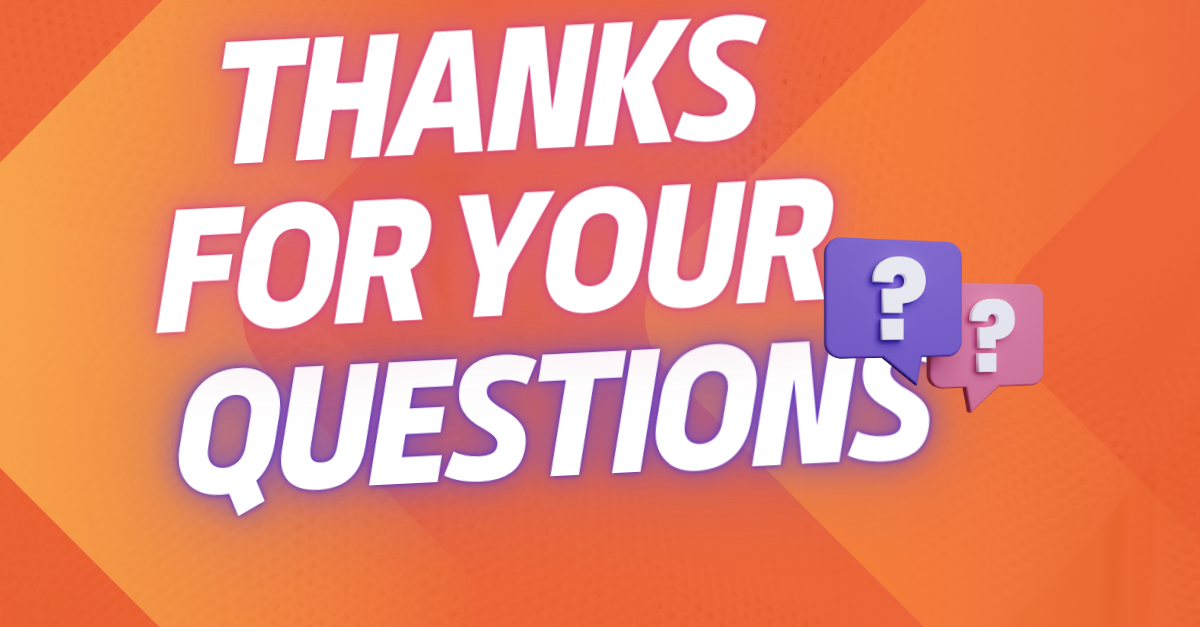In the world of healthcare, the accuracy and clarity of translated medical documents can literally be a matter of life and death. At Lingrowth, we’ve dedicated ourselves to ensuring that nothing gets lost in translation. After announcing our invitation for medical translation questions, we received a variety of inquiries from you. In response, we carefully selected the most pertinent medical translation questions to address in depth, reflecting the key concerns and interests that matter most to our audience.
1. What Exactly Is Medical Translation?
Medical translation involves converting healthcare-related documents and data from one language to another. This includes clinical reports, medical device documentation, packaging labels for pharmaceuticals, and patient records. It is a specialized field that requires not only linguistic skills but also a deep understanding of medical terminology and regulations.
2. Why Is Accuracy So Crucial in Medical Translation?
Accuracy in medical translation is non-negotiable due to the risk of miscommunication in patient care and treatment. A single error can lead to incorrect treatments, misdiagnosis, or legal repercussions. Therefore, medical translators must ensure every translated term conforms to the precise meaning of the source document.
3. How Do You Ensure Quality in Medical Translation?
Quality assurance in medical translation starts with the translator’s qualifications. We ensure that our translators are not only linguistically proficient but also subject matter experts. Furthermore, our process includes multiple stages of proofreading and revision by separate professionals, followed by back-translation and client review to confirm accuracy and completeness.
4. Can Technology Replace Human Translators in Medical Translation?
While technology, particularly AI and machine learning, has significantly advanced and aids in speeding up the translation process, human oversight remains indispensable. The nuances of medical texts, especially those involving patient-specific information, demand a level of precision that current technology alone cannot guarantee.
5. What Are the Challenges Faced by Medical Translators?
Medical translators face challenges such as staying updated with medical advancements, handling diverse medical terminologies, and understanding the cultural nuances that affect medical information. Regular training and professional development are crucial for medical translators to maintain their effectiveness.
Understanding the complexities of medical translation helps underscore the importance of choosing qualified professionals for any medical translation needs. At Lingrowth, we commit to the highest standards to ensure that healthcare providers and patients around the world can communicate clearly and effectively. If you have more questions or need detailed information on our services, feel free to reach out.
